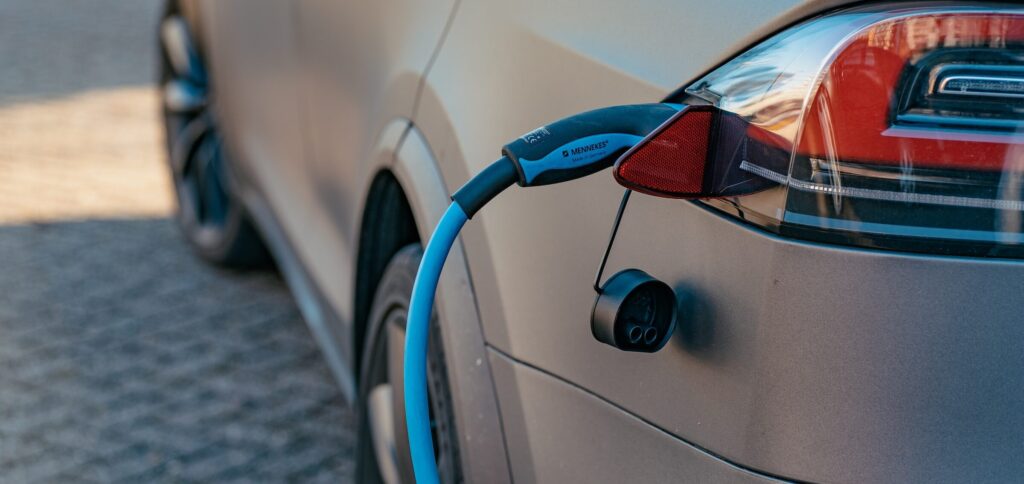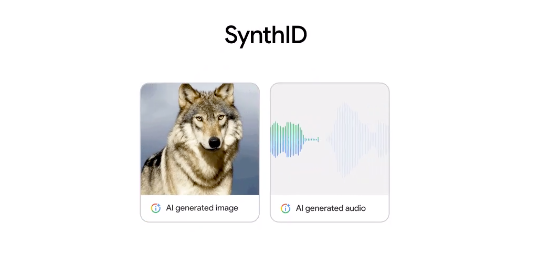Aloísio Mercadante, president of BNDES, argues that Brazil adopts quotas to limit the import of these vehicles with the aim of encouraging automakers to produce them locally. To reinforce his argument, he says that several developed countries are already doing this, reducing taxes for the production and sale of these cars, thus encouraging cleaner and more sustainable energy consumption.
ADVERTISING
It's not quite like that. In fact, several countries, such as here in France, offer advantages for the production and sale of electric cars. But there is no such thing as quotas.
Brazil has in its economic history a classic example of failure in the attempt to stimulate local production through the ban on imports.
In the early 70s, the military dictatorship introduced the Information Technology Law, which made it impossible to sell computers manufactured abroad in the country. The objective was to make the country achieve its technological independence.
ADVERTISING
The result was a disaster. Brazilians were forced to use computers copied from products manufactured abroad, but with poorer quality, obsolete and up to 10 times more expensive.
This draconian market reserve fell in the 90s (the IT Law underwent changes but remains in force) and the consequence was that the majority of Brazilians took much longer to have access to computers. This lack of free competition had a long-term impact on the productivity and competitiveness of the Brazilian economy.
A similar situation occurred with cars. Without competition from imports, cars produced in Brazil were outdated and more expensive. It was only with the entry of imports, in the early 90s, that the situation began to improve.
ADVERTISING
There is nothing wrong with Mercadante and the Lula government wanting to stimulate and strengthen national industry. Very important. But there is no point in taking a shortcut that will bring harm to the population and the environment.
The path involves, among many aspects, responsible fiscal management, economic and structural reforms that stimulate productivity, and efficient investments in education. The results may take longer, but they will be real.
Read also
* The text of this article was partially generated by artificial intelligence tools, state-of-the-art language models that assist in the preparation, review, translation and summarization of texts. Text entries were created by the Curto News and responses from AI tools were used to improve the final content.
It is important to highlight that AI tools are just tools, and the final responsibility for the published content lies with the Curto News. By using these tools responsibly and ethically, our objective is to expand communication possibilities and democratize access to quality information. 🤖
ADVERTISING




